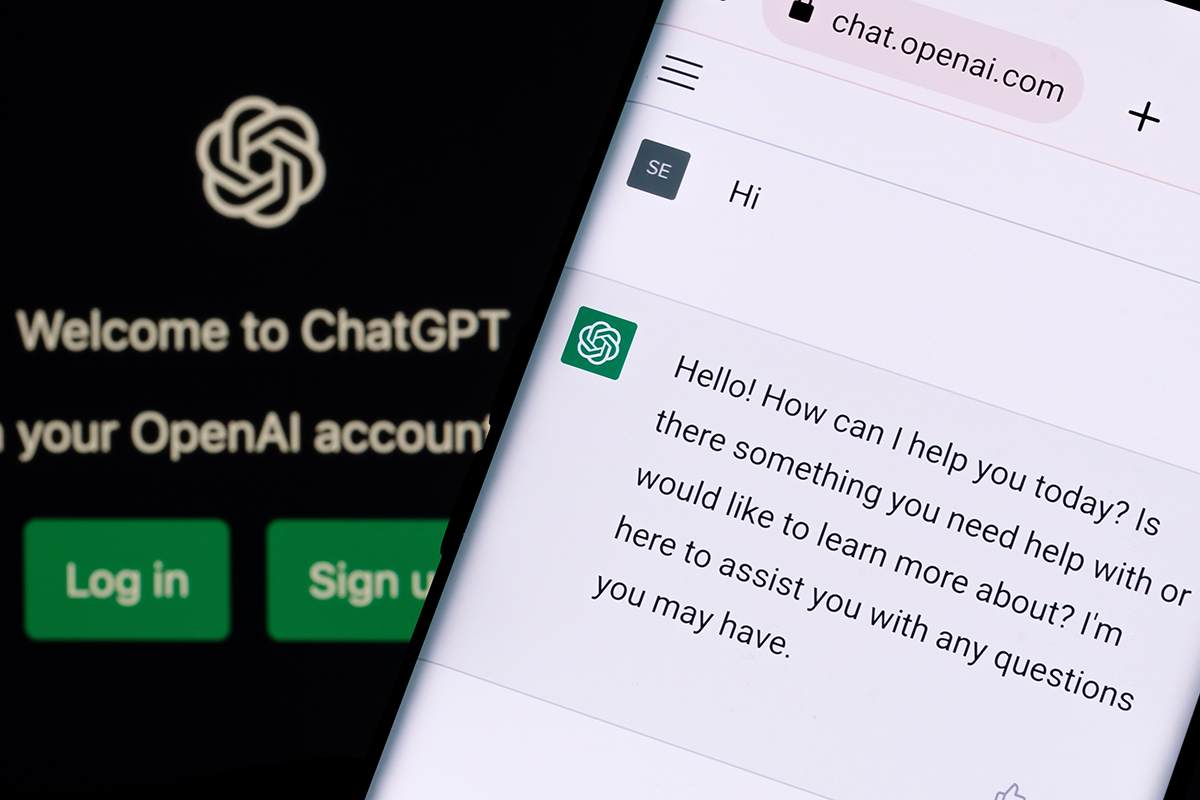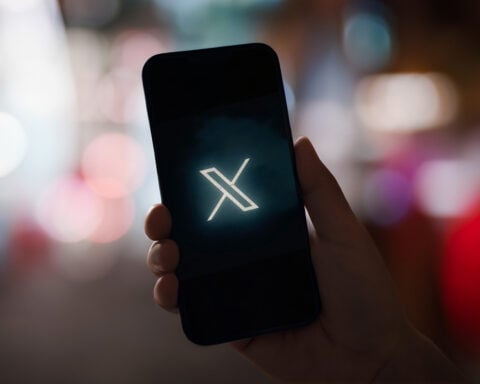Microsoft-supported OpenAI has enhanced ChatGPT, enabling it to scour the internet and furnish users with up-to-the-minute details.
Initially, this AI-driven system had knowledge limited to data until September 2021. However, this enhancement empowers select premium users to inquire about present-day events and fetch news updates.
OpenAI anticipates this feature’s broader rollout to its entire user base in the near future.
Just days prior, OpenAI hinted at an upcoming feature where ChatGPT can engage in voice interactions with its users.
Platforms like ChatGPT leverage colossal data volumes to craft responses that mimic human interaction, reshaping how individuals seek information online.
Historically, ChatGPT’s knowledge was static, rooted in the internet’s state as of September 2021, preventing real-time internet browsing. Consequently, a question about the latest earthquake in Turkey or the current status of Donald Trump would yield the response, “I’m sorry, I can’t offer real-time data.”
This limitation of ChatGPT deterred several potential adopters.
Tomas Chamorro-Premuzic, a business psychology professor at University College London, remarked, “Before, one might head to Google, Twitter, or favourite news platforms. Now, ChatGPT can serve as a hub for breaking news and trending topics. This could redirect numerous queries from search engines and news platforms.”
However, Chamorro-Premuzic also flagged a potential pitfall. Quick answers are valuable, but if ChatGPT fails to cite reliable sources, its information might be questionable. The potential for misinformation remains a concern if users blindly trust the output.
Earlier, ChatGPT’s information integrity prompted US regulatory oversight. The Federal Trade Commission (FTC) sought clarity from OpenAI about its measures to safeguard individual reputations. OpenAI’s leadership responded with a commitment to collaborate with the FTC.
There were several factors behind ChatGPT’s previous inability to web search, including computational costs associated with each query. Notably, this constraint served as a safety mechanism, ensuring the AI didn’t inadvertently disseminate harmful content or misinformation sourced from the internet.
ChatGPT cited the extensive time and resources required for language model development, potential inaccuracies arising from live data, and ethical concerns about accessing real-time data, especially unauthorized copyrighted content when probed about the delay in introducing real-time search capabilities.
This leap in ChatGPT’s capabilities underscores the balancing act in AI: to augment utility, some restrictions must be eased, but this also amplifies potential risks and opportunities for misuse.
As technology advances, the line between offering expansive capabilities and ensuring responsible usage becomes increasingly thin. ChatGPT’s evolution serves as a testament to AI’s vast potential and the inherent challenges of harnessing it responsibly. As consumers, we are on the cusp of an era where instant, AI-driven information is at our fingertips. But with this comes the imperative to utilize such tools judiciously and to remain critical of the sources from which our information is derived.







